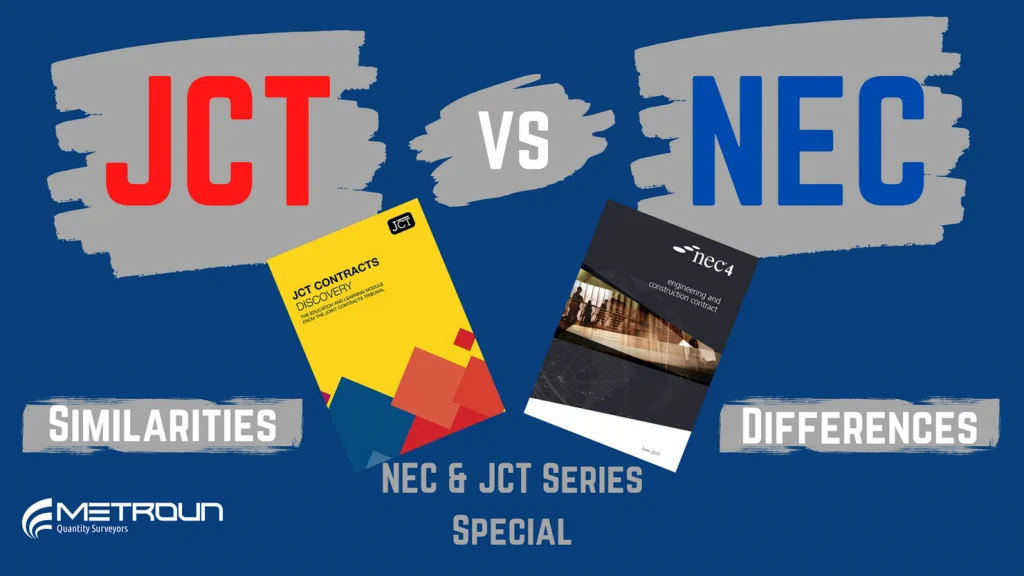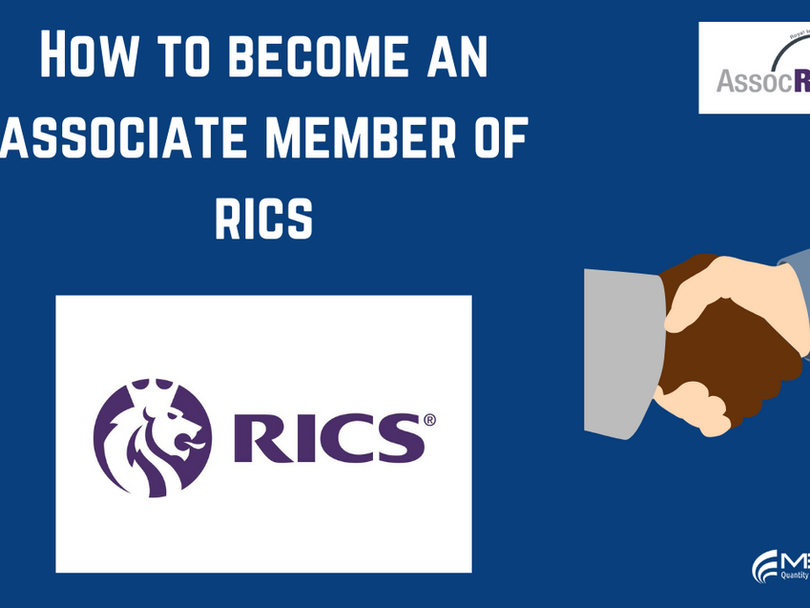Will Quantity Surveyors Be Replaced By Artificial Intelligence?

The rise of AI is the great story of our time. Those who have delved online to ask “Will a
A day in the life of a main contractor Quantity Surveyor (QS)

Whether you are embarking on a career change, studying at university, or just generally thinking about becoming a QS, you
Relevant Event or Relevant Matter? | JCT Contracts

The construction industry is full of jargon and it can be difficult to understand all the acronyms and terms used.
Construction Manager vs Quantity Surveyors | Which Career Should You Choose?

If you’ve completed or are currently studying either construction management or quantity surveying, you may have noticed that a lot
What Is A Construction Takeoff? Plus Free Dimension Paper Download!

One of the first skills you’re introduced to when studying quantity surveying, is how to perform a construction take off.
NEC vs JCT Contracts: Similarities and Differences

Anyone working or studying a construction profession in the UK has likely heard of JCT and NEC. However, it is
How to become a full member of RICS (MRICS)

Previously we have taken a look at how to become an Associate member of RICS. However, if you are slightly
Is It Too Late To Become A Quantity Surveyor?

Is it too late to become a quantity surveyor? In this blog we will explore why people are considering a
What Is A Quantity Surveyor & How Can You Become One Too

In this article will be explaining what a quantity surveyor is, the roles and responsibilities and how you can become
How to become an Associate Member of RICS (AssocRICS)

Professions commonly can take years of education and work experience to become fully qualified and Quantity Surveying is no different. It is generally considered that obtaining a chartership from the Royal Institution of Chartered Surveyors, known as RICS, is the pinnacle of the quantity surveying profession and opens doors to the highest wages and most sort after jobs. Through completing the Assessment of Professional Competence or APC, you can become what RICS term an ‘associate’ (AssocRICS), which is the entry-level membership. By satisfyingfurther obligations you can become a fully chartered member. In this blog we will focus on theassociate route with a follow up blog and video being produced in the coming weeks which will tackle the fully fledged chartered membership. So first things first, you need to enrol with RICS to start the APC. You can enrol


